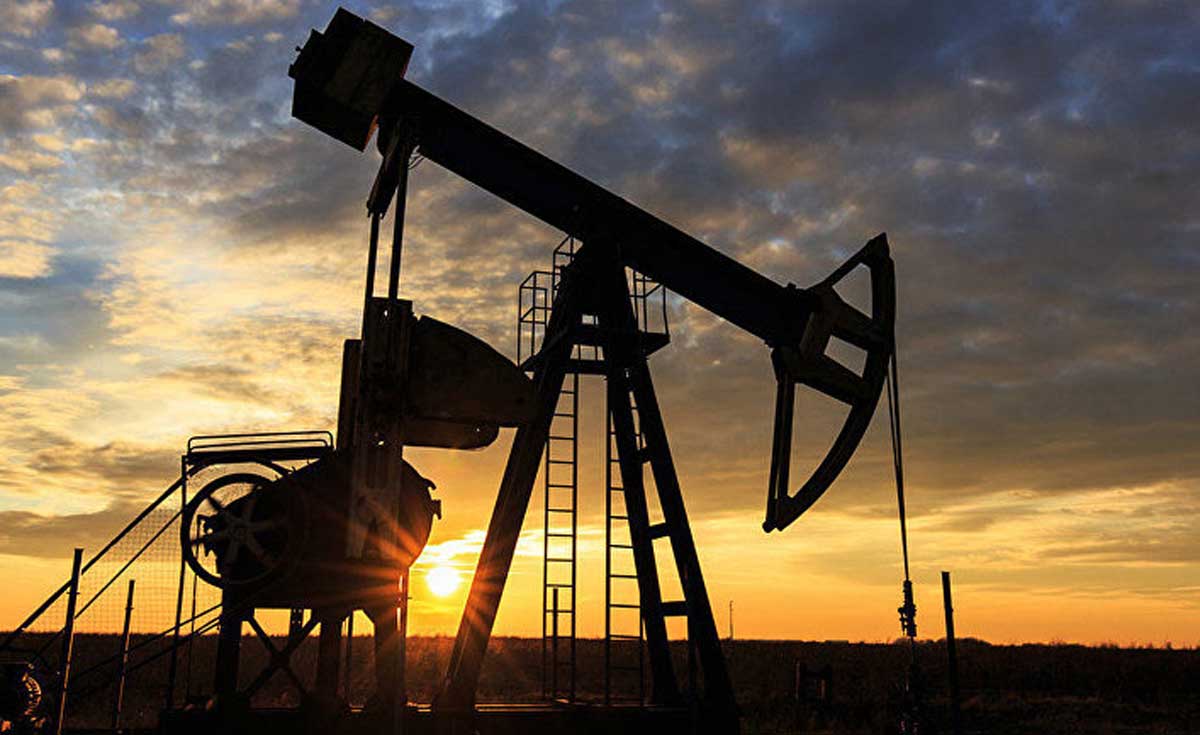Poland, Germany and Austria are ready to support the ban on Russian oil imports.
According to German Economy and Climate Minister Robert Habek, such a move should be well prepared and should take into account the dependence of other EU countries on supplies from Russia, according to Reuters. “The Germans believe that we must prepare well for these steps and not allow the economic situation to get out of hand. Germany has made great strides in coal and oil and is on track to do the same with gas. Other countries need it.” a little longer,” Habek told reporters ahead of a meeting of EU energy ministers. He added that the dependence of individual countries on Russia and the need for a unified decision of the European Union have yet to be discussed.
Austria is also ready to include a ban on Russian oil imports to the EU in the latest package of sanctions currently under consideration, DPA reports, citing a statement in Brussels by Austrian Energy Minister Leonora Gewesler.
“Austria is ready to bear the consequences of the EU embargo on Russian oil if the European Commission and EU member states decide to impose it,” Gewesler said at a special meeting of EU energy ministers. She added that Austria has worked hard to “reduce” its dependence on energy imports from Russia. Austria did not process crude oil from Russia in March, Gewesler said.
The Austrian minister, who has expressed skepticism in the past about imposing sanctions on Russian energy, said it was important for the EU to jointly decide on sanctions.
Poland, for its part, has urged its EU partners to unite and impose comprehensive sanctions on Russia’s oil and gas sector due to the war in Ukraine, as well as resist pressure to pay for gas in rubles, reports the Associated Press. “We will call for the immediate imposition of sanctions on Russian oil and gas. This is the next, urgent and unconditional step,” said Anna Moskva, Minister of Climate and Environment of Poland. “We already have coal. Now is the time for oil and the second step is for gas. The best option is to do everything together,” she added.
Last week, Russian energy giant Gazprom, in what Europe called “blackmail”, cut off supplies to Bulgaria and Poland. This happened after Russian President Vladimir Putin said that “hostile” countries should start paying for gas in rubles. Bulgaria and Poland refused to do so, as did most EU countries. The deadline for paying additional bills is May 20, and the bloc fears that Russia could turn off more taps then. Russia denies allegations of extortion.

